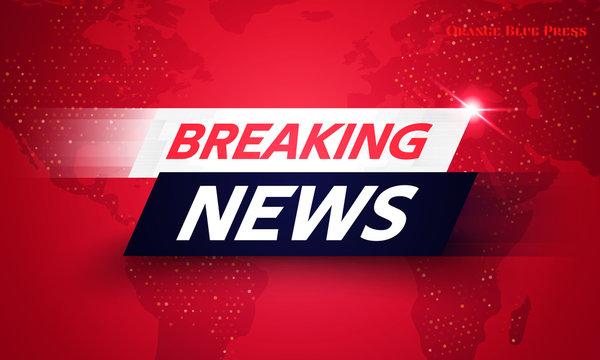The House of Representatives has recently stirred up a significant conversation about voting rights with the introduction of the SAVE Act (H.R. 22) on January 3, 2025. This proposed law demands that all voters present documentary proof of U.S. citizenship before they can register to vote. While supporters believe this legislation strengthens election integrity, many critics are concerned that it could disenfranchise millions of eligible voters, particularly those who may struggle to provide acceptable documents.
Key Provisions of the SAVE Act
The SAVE Act takes a straightforward approach to voter registration. The bill aims to modify the 1993 National Voter Registration Act (NVRA) by requiring proof of citizenship, including essential documents such as passports or birth certificates. However, it importantly excludes driver’s licenses as valid proof. This means individuals wanting to register will have to go through additional steps to gather the necessary documents, potentially complicating the voter registration process for many.
Potential Impacts and Concerns
This new requirement raises numerous concerns, especially regarding how it affects the voting population. An astonishing statistic shows that approximately 146 million Americans do not possess a valid passport, which means they may miss out on being able to register for upcoming elections if this bill passes. People from lower-income families or who may be less educated are less likely to have passports, creating even more barriers. Additionally, women who have changed their last names might face extra challenges, as they must now ensure their identification matches their current name.
Arguments in Favor of the SAVE Act
Supporters of the SAVE Act argue that this legislation is a necessary step to maintain the integrity of elections. They believe that requiring proof of citizenship will help prevent non-citizen votes from impacting election results, a concern for many voters. It’s seen as a way to ensure that only eligible individuals are participating in the democratic process. Furthermore, the SAVE Act includes an attestation process for those who may lack immediate access to the required documents, providing a possible pathway for voter registration without full documentation.
Contradiction Regarding REAL IDs
An interesting part of the SAVE Act is its contradiction about REAL IDs being considered proof of citizenship. This has left many scratching their heads. REAL IDs are issued by state governments, but the confusion lies in whether these IDs can effectively prove citizenship when not all states implement the same standards. This conflict only adds to the challenges posed by the legislation, leaving many voters unsure about what is needed for registration.
The National Voter Registration Act of 1993
To understand the backdrop of the SAVE Act, it helps to look back at the National Voter Registration Act of 1993, which aimed to simplify the process of registering to vote. The NVRA was designed to increase voter registration opportunities by allowing people to register at multiple state agencies. It also introduced a federal mail-in registration form, making it easier for citizens to participate in democracy. A key goal of the NVRA was to maintain accurate voter rolls while protecting voter rights and personal information.
Key Impacts of NVRA
The NVRA was significant because it improved voter registration dramatically across various states. Before its introduction, the methods used varied widely, leading to inconsistencies in voter participation. The act made strides in simplifying the registration process and expanded eligibility, helping millions more citizens exercise their right to vote. The SAVE Act’s changes to this well-established system are viewed by many as potentially regressive, undoing some of the progress achieved over the past few decades.
Current Situation and Next Steps
The SAVE Act continues to face heated debates in Congress and among citizens around the country. With many eyes on how it could change the way Americans register to vote, citizens are left wondering how their access to voting might be affected. It is crucial for all voters, particularly those unsure of their documentation status, to stay informed about this evolving situation and consider how they can participate in voicing their opinions on such impactful legislation.
| Document Type | Acceptable Proof? |
|---|---|
| Passport |  |
| Birth Certificate |  |
| Driver’s License |  |
| REAL ID | Confusing |




















